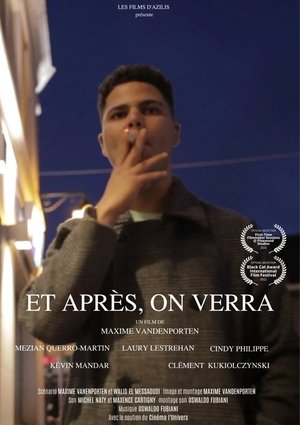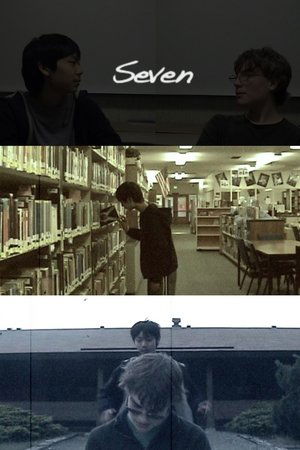
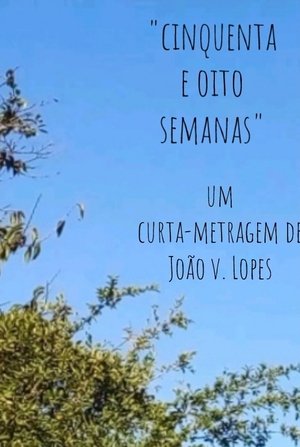
Cinquenta e oito semanas(2024)
Movie: Cinquenta e oito semanas
Top 2 Billed Cast
Kira
Narrador

Cinquenta e oito semanas
HomePage
Overview
Release Date
2024-07-25
Average
0
Rating:
0.0 startsTagline
Genres
Languages:
Keywords
Similar Movies
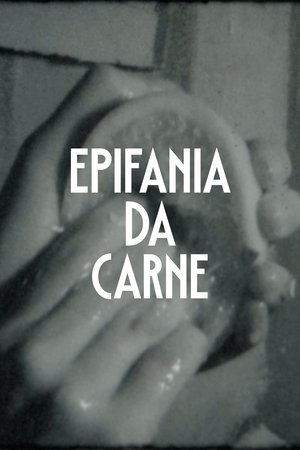 0.0
0.0Flesh in Turmoil(pt)
The process of depersonalization maintains a dialogue with the objectification of the body, a sort of thingified flesh, clothed in animosity. In an epiphanic act, the sutures reveal themselves as the reflection of this gaze upon its own spilled fluids and transcend into an internal soup. It is the stream of consciousness in its purest form. It is the raw and the bare. It is the visceral nature of facts. It is the merging of worlds. It is the flesh in turmoil.
 0.0
0.0Bounded Intimacy(en)
Bounded Intimacy (part of the trilogy of Super 8mm shorts It’s Just Business, Baby) examines the histories of various forms of body labor across the Chelsea and Tribeca districts, renowned as a sites for sex work, sex clubs and illicit sexual activity. Bounded Intimacy explores the seduction of a nameless woman and the camera. The relationship between the two remains unknown and ambivalent as to whether or not the encounter is “authentic.” The nature of their relationship is irrelevant as the camera captures the authenticity of the desire in the encounter between the two. (Ayanna Dozier)
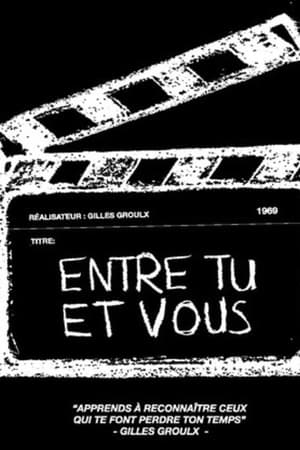 5.5
5.5Between You and You All(fr)
A chronicle of the lives of a couple and the gradual dissolution of their relationship.
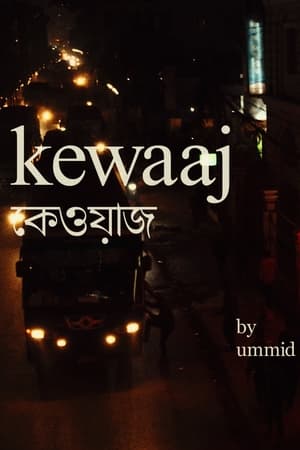 0.0
0.0Kewaaj(bn)
The word kewaaj (কেওয়াজ) is colloquially used to explain chaos, noisiness or annoyance. "Kewaaj" is an audiovisual attempt to give you a glimpse into how the people of Dhaka function in one of the most unliveable cities, according to the Global Liveability Index. Dhaka is fast, dense, intense. Yet the people try to find their peace in it.
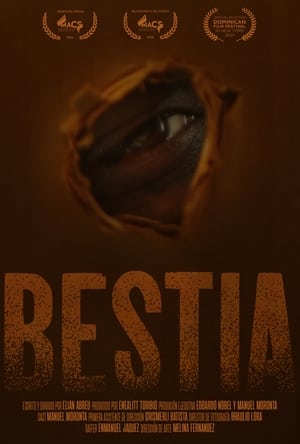 10.0
10.0Bestia(es)
Man is constantly confronted by the one eyed beast. When peeking through the hole in his box, he discovers a truth that transforms his life. Every time the beast observes him and the darkness approaches his box, he becomes an embarrassed being.
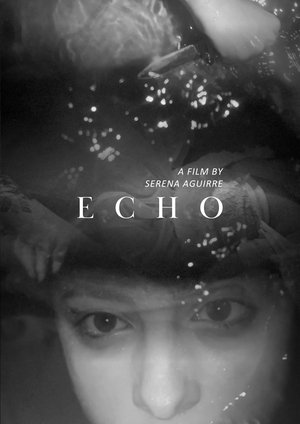 0.0
0.0Echo(en)
A reframing of the classic tale of Narcissus, the director draws on snippets of conversation with a trusted friend to muse on gender and identity. Just as shimmers are difficult to grasp as knowable entities, so does the concept of a gendered self feel unknowable except through reflection. Is it Narcissus that Echo truly longs for, or simply the Knowing he possesses when gazing upon himself?
 0.0
0.0Winter Portrait(en)
A misty afternoon returns a Mapuche couple to their wedding video. In their civil ceremony, they are noted as one of only two couples married in the indigenous language of Mapudungun.
 0.0
0.0Don't You Feel Lovely Today(en)
Why wouldn't you? Is there any reason not to? We've got so much at our disposal, so, why don't you? Won't you tell me? Won't you please tell me? To have you down is simply unacceptable. Just look at this; or this; at all these hallmarks to guide you and convey to you the prime ways to feel lovely. Just follow them and you'll be set. So, I ask you again... Don't you feel lovely today?
 0.0
0.0Wrap de Perú(en)
He's hungry, and chances are you're also hungry, so tag along. Who knows, you might learn a thing or two.
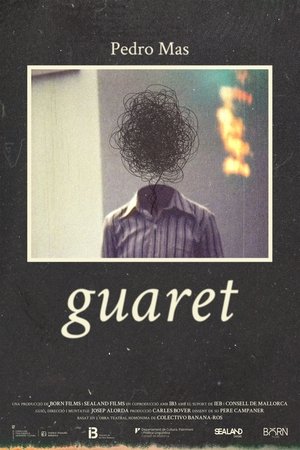 0.0
0.0Guaret(ca)
Pedro is Mallorcan, born to a mother from Burgos and a father from Mallorca. Due to his distant relationship with his father, Pedro doesn't fully master Mallorcan as a language. He turns to the works of Damià Huguet to remember his father, as only his poems can fill the void left by his death. The poet's words transport Pedro to his childhood and his roots, even though many of the words are unknown to him, despite them belonging to his language. This becomes the driving force behind the protagonist's search for his own identity, his origins, what it means to be a man, father-son relationships, collective identity, and "mallorquinness". Pedro constantly questions the emotions stirred by Huguet's poetry, and, most importantly, who he is and where he belongs.
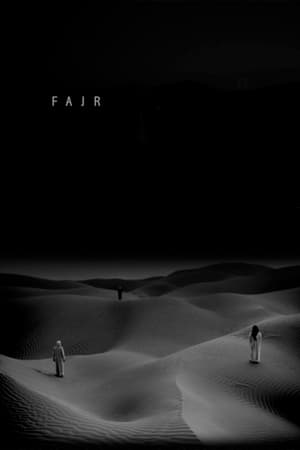 7.0
7.0Fajr(ar)
In the Moroccan desert night dilutes forms and silence slides through sand. Dawn starts then to draw silhouettes of dunes while motionless figures punctuate landscape. From night´s abstraction, light returns its dimension to space and their volume to bodies. Stillness concentrates gaze and duration densify it. The adhan -muslim call to pray- sounds and immobility, that was condensing, begins to irradiate. And now the bodies are those which dissolves into the desert.
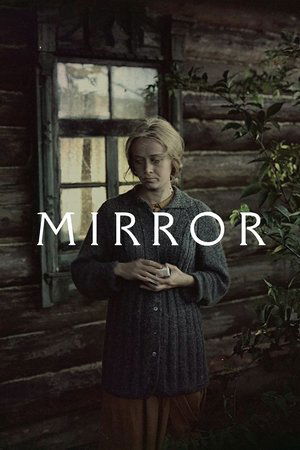 8.0
8.0Mirror(ru)
A dying man in his forties recalls his childhood, his mother, the war and personal moments that tell of and juxtapose pivotal moments in Soviet history with daily life.
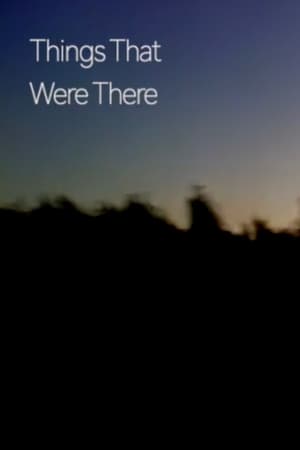 0.0
0.0Things That Were There(en)
Experimental video art compiled from video taken on an LG Env3 flip phone circa 2009-2010
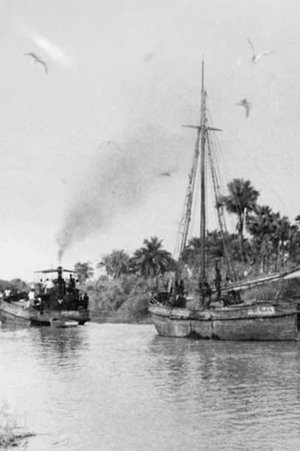 0.0
0.0Time to Change(pt)
Angolan director and screenwriter Pocas Pascoal reminds us that it’s time for a change, proposing through this film a look at colonialism, capitalism, and their impact on global biodiversity. We observe that the destruction of the ecosystem goes back a long way and is already underway through land exploitation, big game hunting, and the exploitation of man by man.
